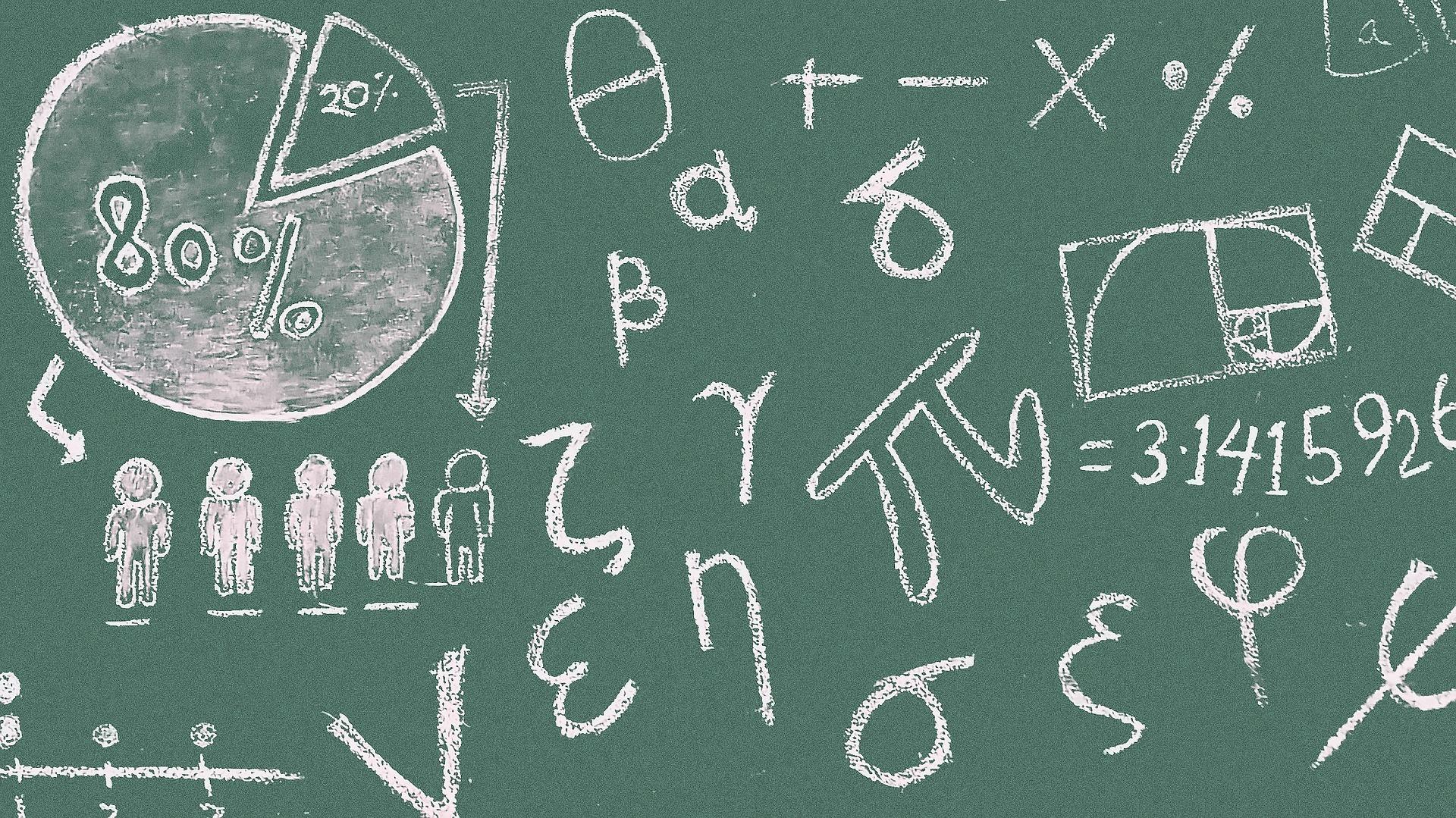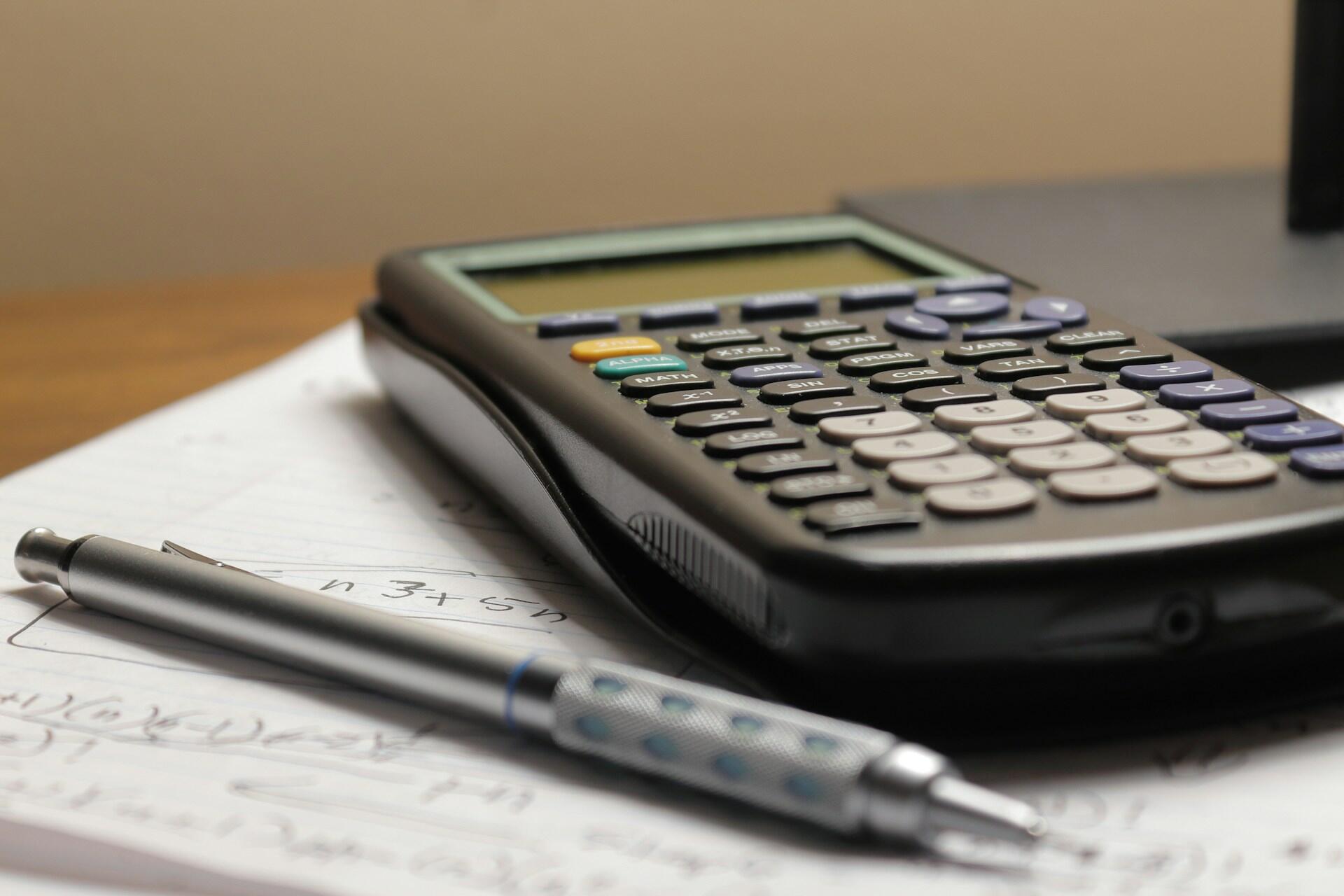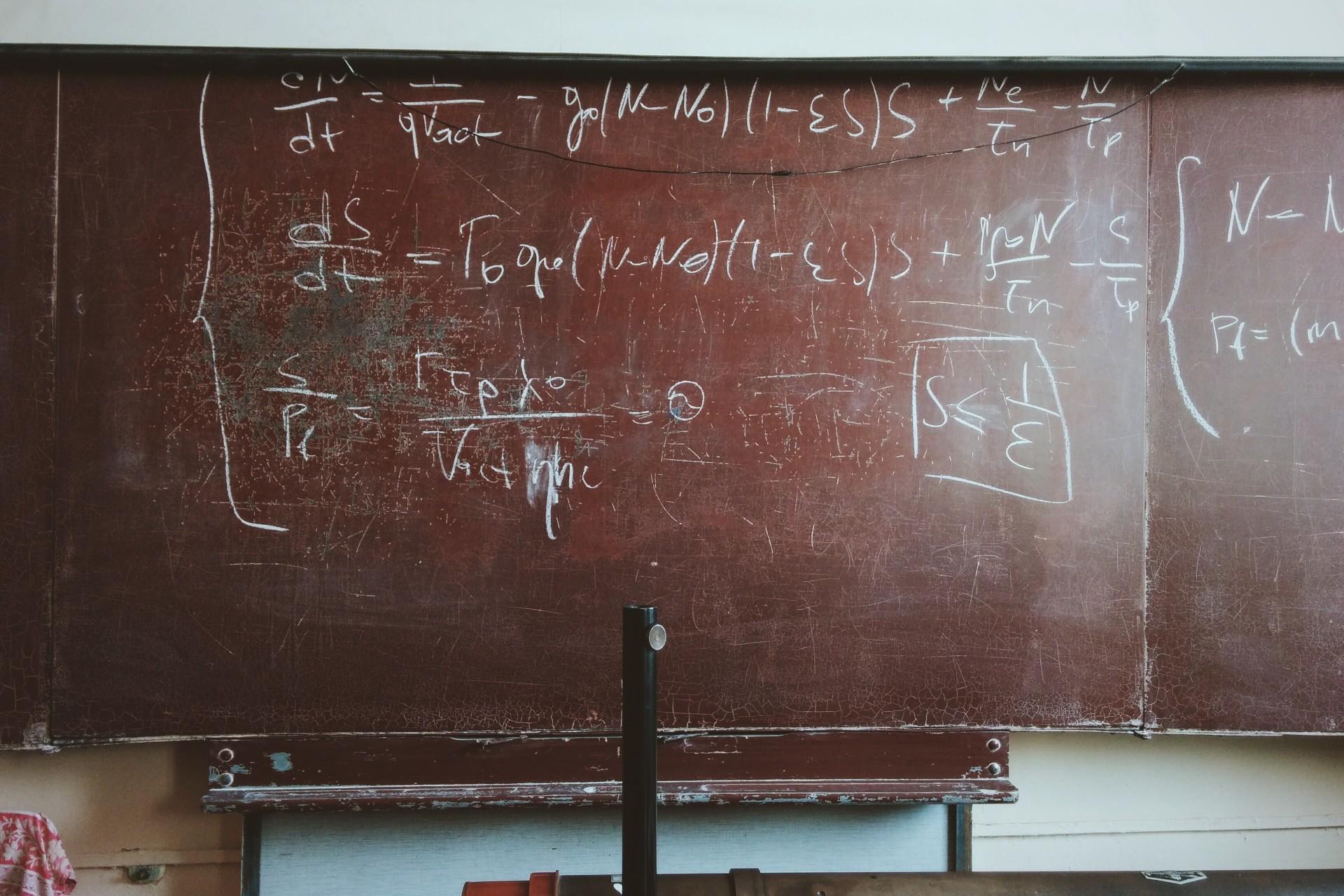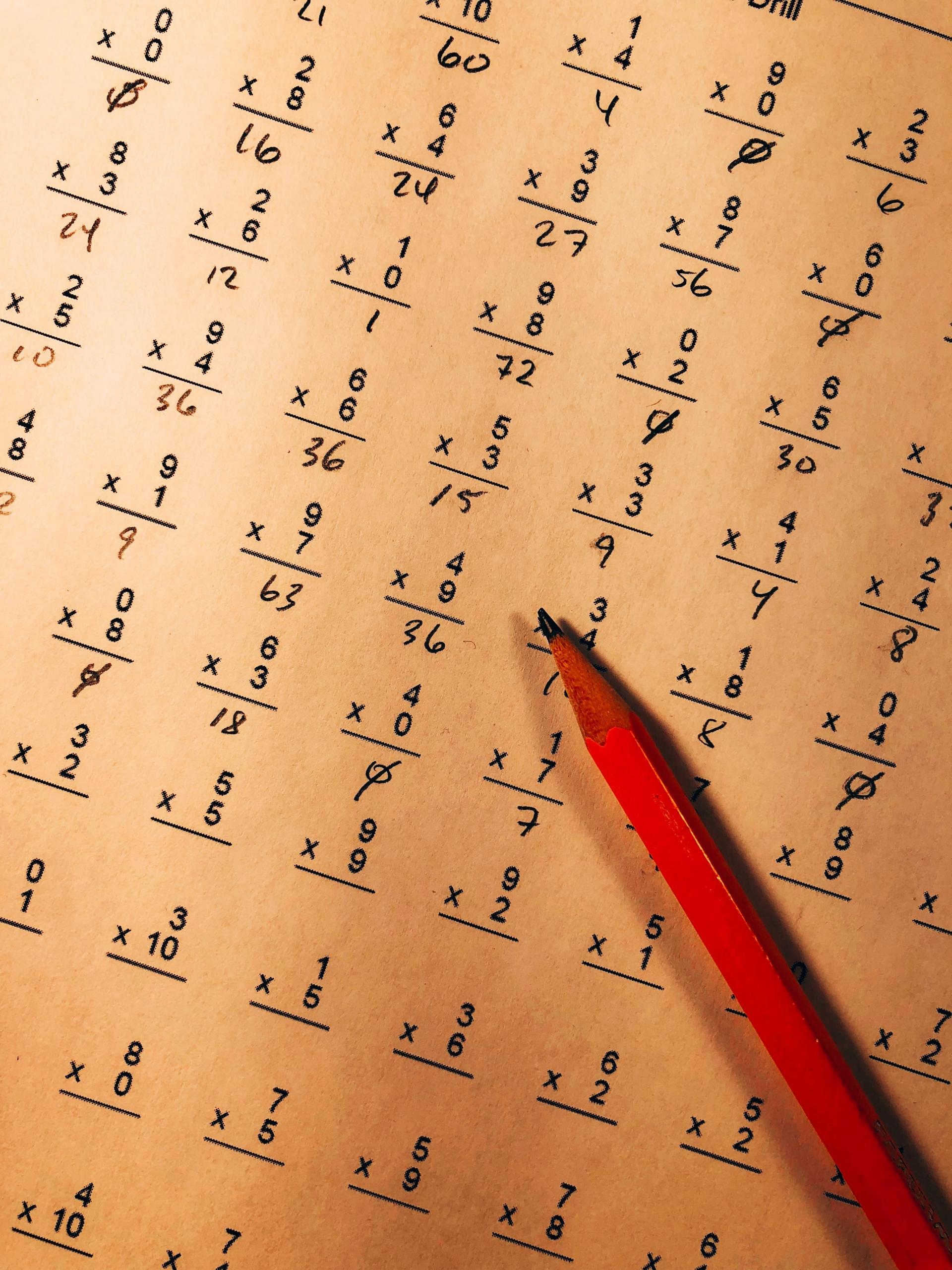NCEA level 2 maths is a little different from level 1 as technically you need 60 credits to pass and there is no requirement that a certain number has to come from a specific area (unlike in level 1 where you need 10 literacy credits and 10 numeracy credits). In saying that though, the 60 level 2 credits have to come from somewhere. It is highly recommended that students stick with maths until at least level 2 as it is considered a fundamental skill for employers, apprenticeships, and other forms of higher education.
For those students unsure about continuing on to level 2 maths, this guide points you in the right direction as it provides a general overview of level 2 maths and links to more detailed guides in regards to the format of the course, so you can make an informed choice. To choose a subject and then not pass any of the standards is very rare, more often what happens is students choose a subject and then do not attempt or complete assessments. So how do you pass level 2 maths? This guide can help you, or a student you know, understand what is expected and different ways to approach assessments in the level 2 maths course. It breaks down why it is important, how it is created and structured, explains the format of exams, and offers tips and strategies in regards to revision.

Credits can be a big focus for students but the real goal is to continue expanding your skills and abilities in maths with the idea that if you choose to attend university, you have ample choices about what it is you want to study. Like English, maths is connected to every subject. It could be understanding statistical data in relation to a historical event, being able to buy the right quantity of fabric for your clothing designs, or being able to figure out how many more sentences you need in order to reach the word limit for your English essay.

Is NCEA Maths level 2 important?
Yes. But why is it important you may ask? Maths is considered a foundation of learning and it is needed in order to be able to engage with other subjects. In New Zealand, English and maths are considered the base subjects, in order to achieve in other subjects, you have to have a good working knowledge of them. In order to make a cake you need to know what the ingredients are and the quantities to use. While having level 1 maths is great, to give yourself more options later on in life in terms of careers or higher education, sticking with level 2 maths is a good idea.
The guide on the importance of level 2 maths explains the role of maths in your educational aspirations and the finer details in relation to NCEA. Within the programme for level 2 maths, you get to develop your skills in a range of topics including calculus and probability. Each level of NCEA is built to follow the previous year's learning and to also prepare you for the next year.

If you change your mind later on, it can become difficult and expensive to catch up on the missed year. For example, if you decide in level 3 that you want to retake maths so you can get into a certain course the following year, but you did not take level 2 maths, you will not have enough skills and knowledge needed in order to succeed in level 3. Your options become smaller, most higher education courses offer a bridging course. These bridging courses fill in the gaps you have so you can enter your preferred area of study. However, you have to pay for this.
Demystifying the NCEA Maths Level 2 Syllabus
NCEA doesn’t determine what students learn, just how they are assessed. It is the New Zealand Curriculum that states what students need to learn. It is quite interesting as it focused on skill-based learning and less on content. This means all schools that follow the New Zealand education system have to teach skills such as calculus, trigonometry, and algebra, but how they teach them is decided by the schools and teachers.
People learn in a range of different ways so the New Zealand Curriculum enables teachers and schools to be flexible in their teaching style so that it reflects the needs of the class. The demystifying guide explains the link between the curriculum and NCEA. The curriculum is designed for teachers and schools but is an interesting and easy to follow format so you can see the connection between what you are learning and why.

For those who wish to continue on with level 2 maths, this guide covers the subjects you will study and how they will be tested. If you are a student who has found maths a bit difficult in level 1, there are a few different options for you in regards to studying maths in level 2. These options take into consideration students who need a bit more time for each topic, who typically find they do a lot better in internal assessments rather than external exams, and who deal with issues of stress and anxiety.
NCEA Level 2 Maths Questions Explained
With the level 1 exams over, you may be wondering what next? Moving on up is what is next! As you make your way through to level 2 you will be studying similar topics but in greater depth. Caution, a few students have said that the difference between level 1 and level 2 assessments is greater in regards to expectation of work compared to the difference between level 2 and level 3.
This may be due to the fact that Level 3 maths separates into different subject specialisations, but you will soon find out for yourselves. For the end of year exams, there are three papers; probability, algebra, and calculus. This guide explains the format of the questions, keywords, and words to keep an eye out for.
NCEA Level 2 Maths Past papers
A useful tool for revision is past exam papers. As with all tools, they are only useful if you know how to use them. Luckily for you, the guide on past level 2 maths exam papers explains why to use them, how to use them, and of course where to find them. One of the first things you need to know about using past papers is that they are only as good as your knowledge. So revise first before attempting the exam.
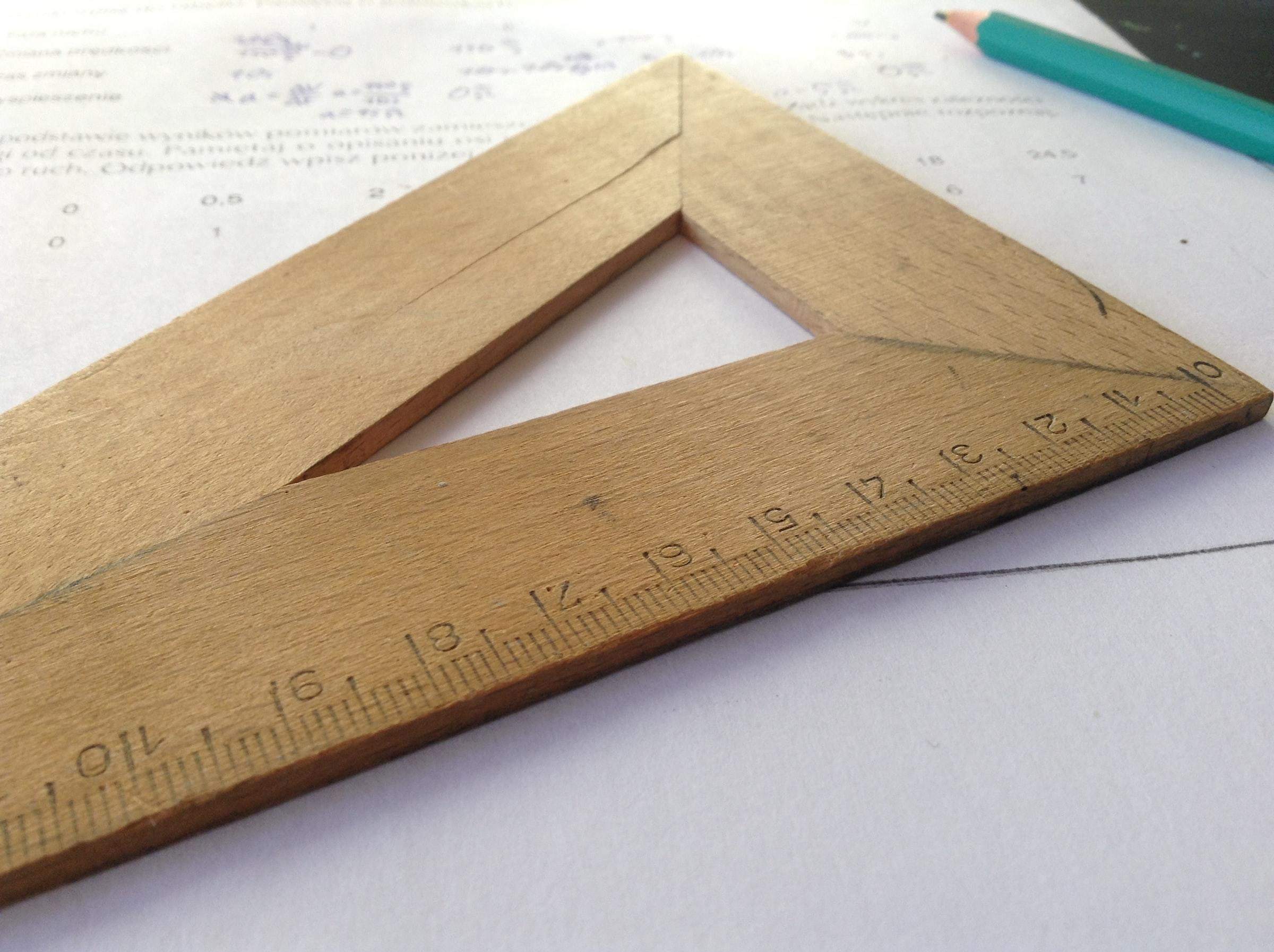
Once the revision is done, understanding the marking schedule can help discover gaps in your knowledge and/or skillset. It explains how you can get to where you want to be academically, as it breaks down the differences between achieved, merit, and excellence. This will still require work on your end but with knowledge comes understanding, you will understand what examiners are looking for and how to read the requirements better.
Is there an easier way to pass NCEA Level 2 maths?
That is all dependent on you, leaving things to the last minute will make things harder for yourself. If you are finding it difficult to follow the class, speak to your teacher as soon as possible. This enables arrangements to be made so that you can keep up with the class or switch to a maths course that works better for your learning style. Another way to help you reach your goals is by having a tutor. Superprof gives you access to a wide range of tutors who can help you get that excellence, boost your confidence, or keep up with the class. While there are certainly no shortcuts, there are definitely hands out to help you along the way if you know where to look.
Summarise with AI:

